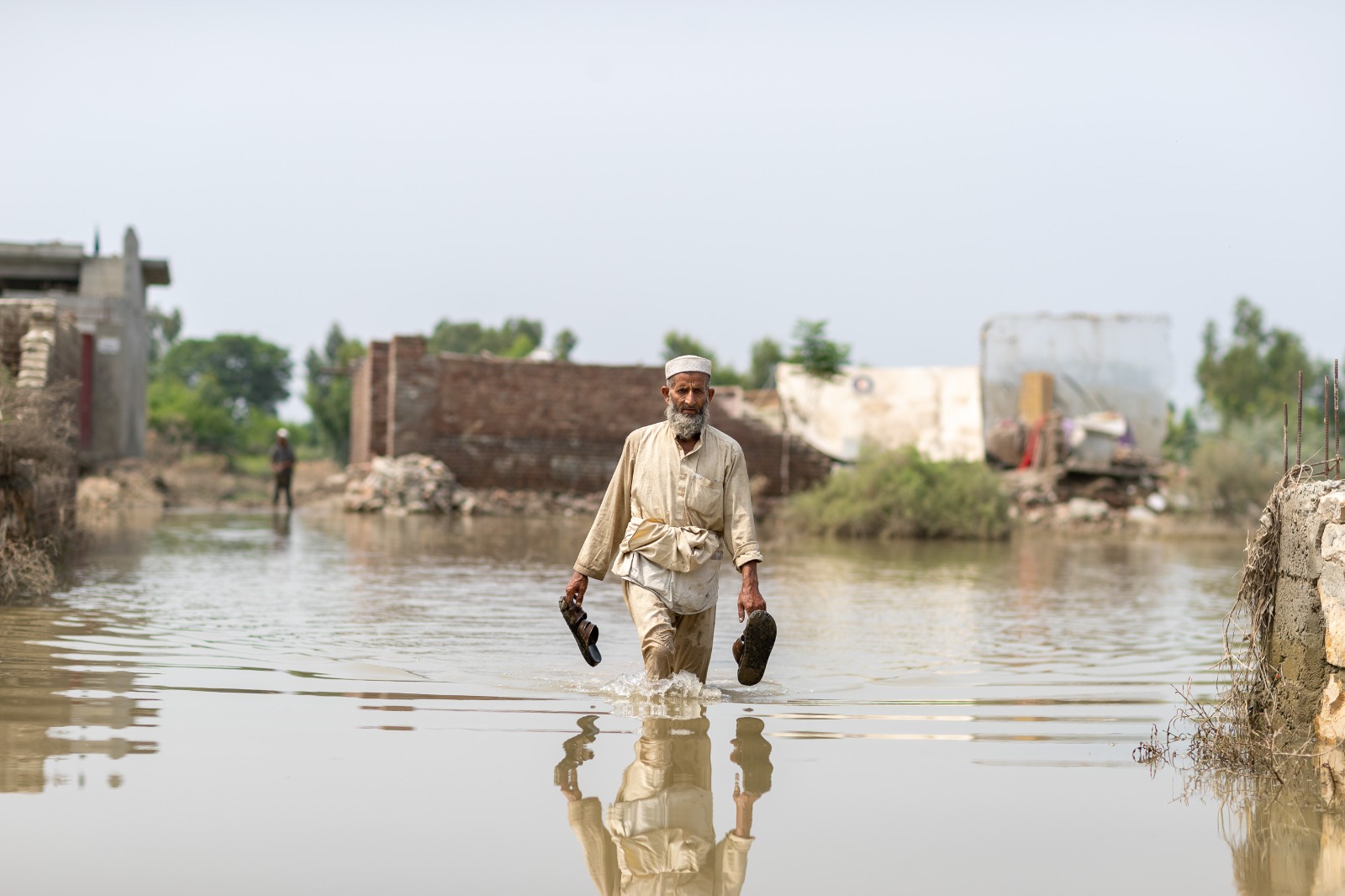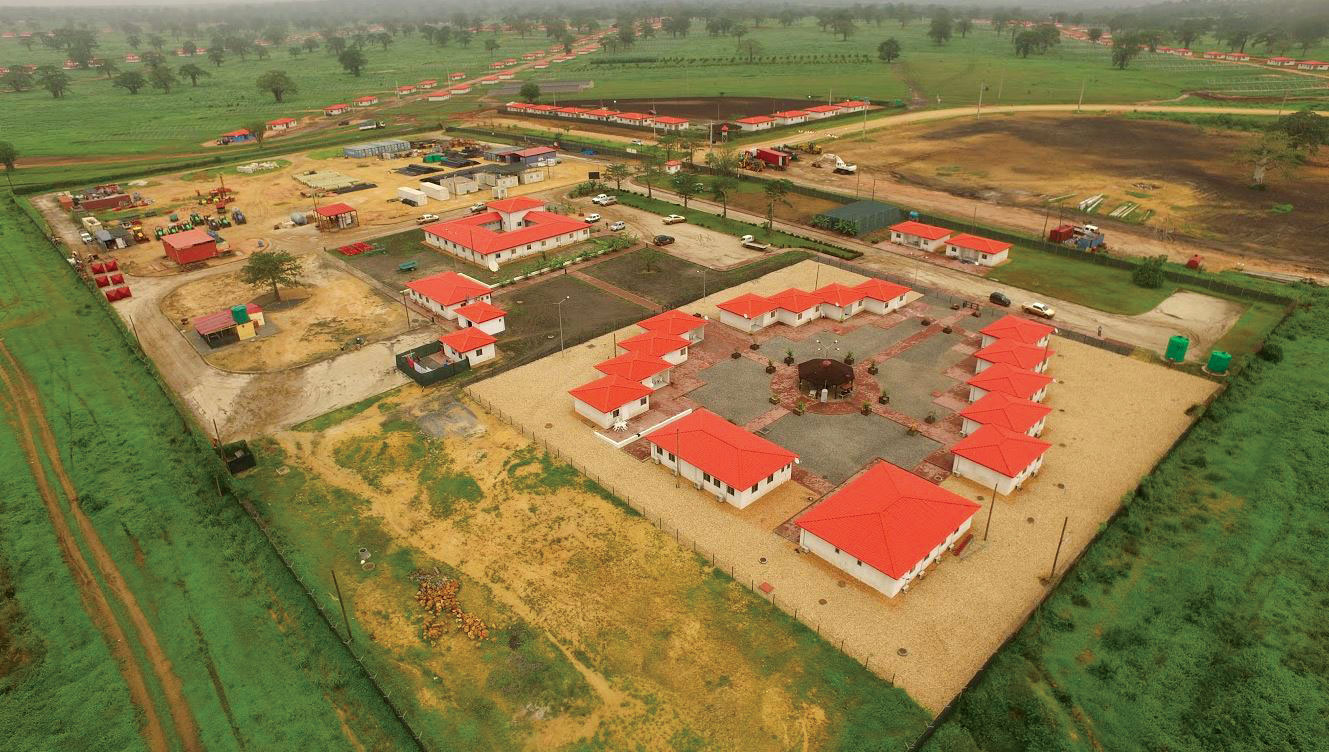The overall goal of the project is to enhance the capacity of the governments of Togo and Benin to enable private sector participation in the development of biodiversity positive and climate resilient infrastructure.
It was structured in two key phases: first, a comprehensive screening of potential investments across Benin and Togo; and second, the detailed structuring of a climate-resilient, bankable PPP for stormwater management in Cotonou. The work culminated in a replicable roadmap to guide the regional implementation of similar investments.
Phase 1 – Screening and Preliminary Assessment of Investment Pipeline
The assessment involved over 100 infrastructure projects across Benin and Togo to identify those most aligned with climate resilience and biodiversity objectives. Using a multi-criteria framework, we prioritized projects based on (i) exposure to climate and environmental risks, (ii) potential to enhance resilience and restore ecosystems, and (iii) attractiveness for private sector participation (PSP)
Phase 2 – Structuring a Green PPP in Cotonou (Benin)
We developed a bankable PPP model for Cotonou’s stormwater infrastructure—a city where over 30% of land floods during a 2-year storm event. Key attributes of the proposed solution:
- Integrating nature-based solutions like mangrove barriers and vegetated retention ponds
- Including revenue diversification through water reuse and green infrastructure
- Designing climate risk-sharing mechanisms, including resilience KPIs, insurance, and phased PPP delivery
- Recommending innovative financing tools, such as green bonds, carbon credits, and debt-for-nature swaps
The resulting strategy demonstrated how green design and blended finance can make high-risk, high-impact projects investable, while delivering biodiversity, public health, and economic benefits.
Phase 3 – A Roadmap for Scalable Climate Adaptation
Building on the Cotonou pilot, we defined a replicable roadmap for climate-resilient PPPs in the Benin–Togo transboundary area. The roadmap outlines:
- Governance and regulatory reforms (e.g., establishing TCWRA)
- Climate risk assessment and data harmonization
- Modular investment design integrating grey and green infrastructure
- Financing structures and contracting frameworks tailored to climate uncertainty
- KPIs and performance-based provisions to align public and private interests
This roadmap positions West Africa to lead in nature-positive, climate-smart infrastructure, mobilizing private capital to deliver public value.

SERVICES
Climate and Natural Disasters Risk
Resilience Investments
Financial Services
INDUSTRY
Cross-sector
LOCATION
Togo and Benin
CLIENT
![]()
YEAR
2024






